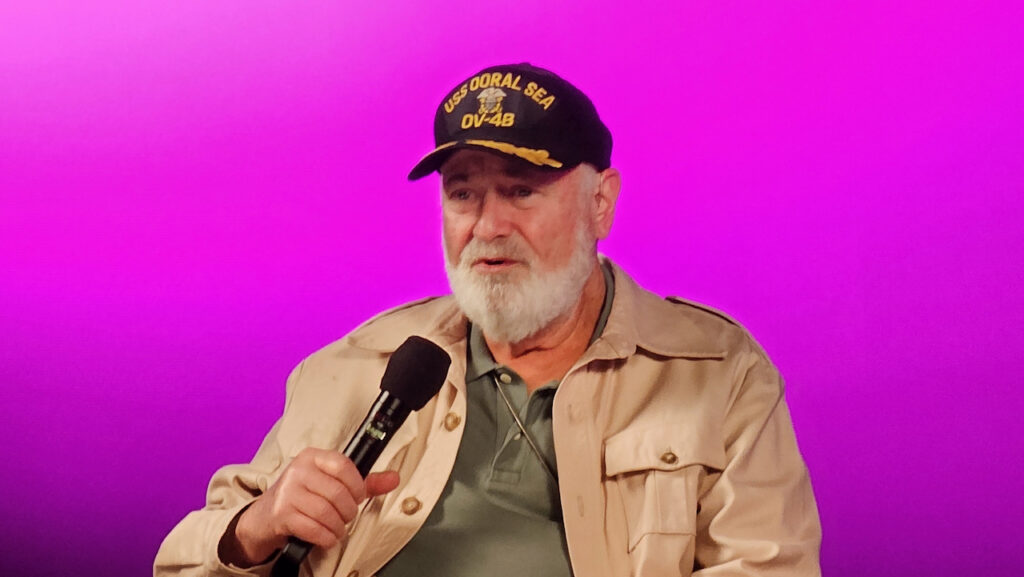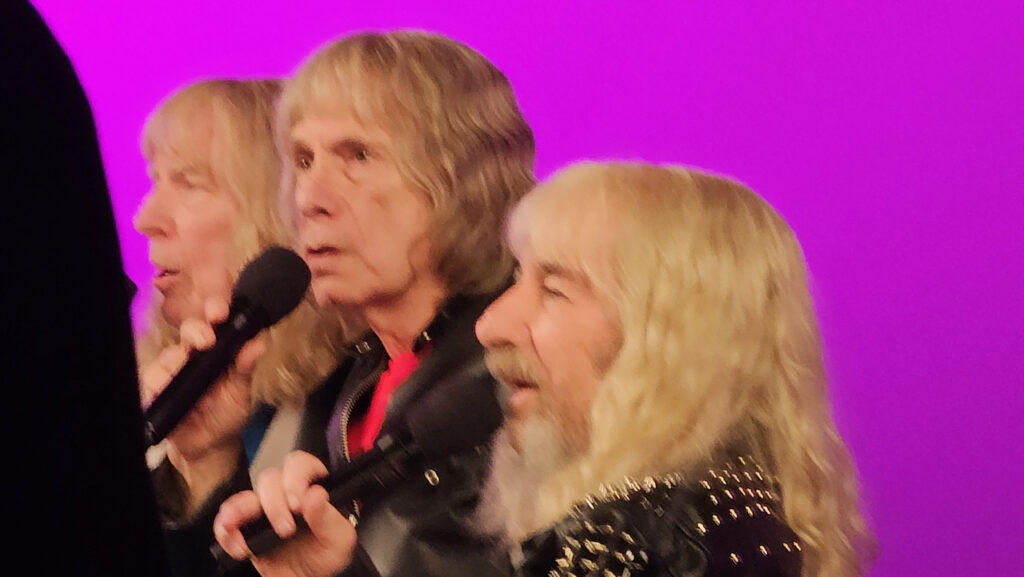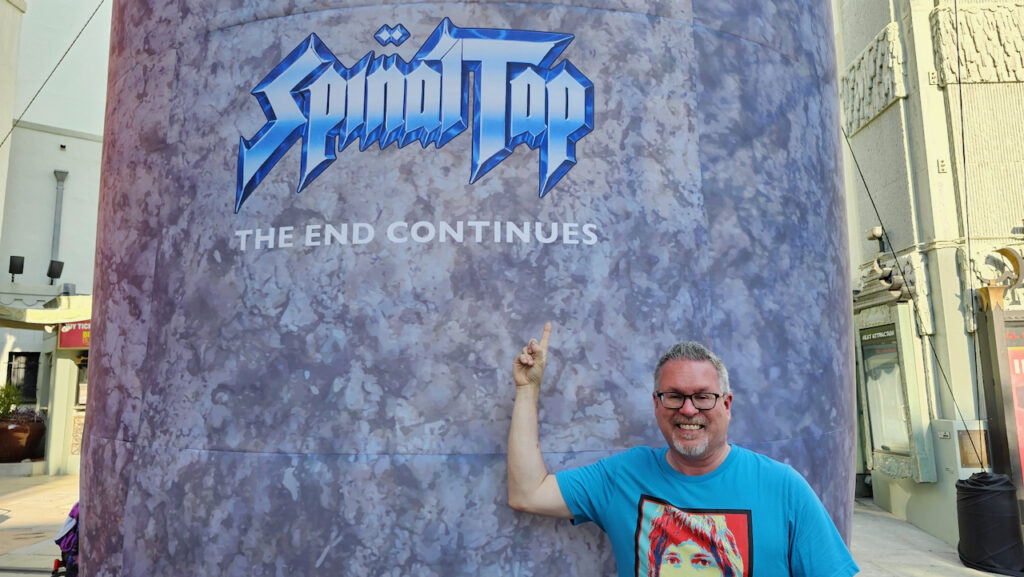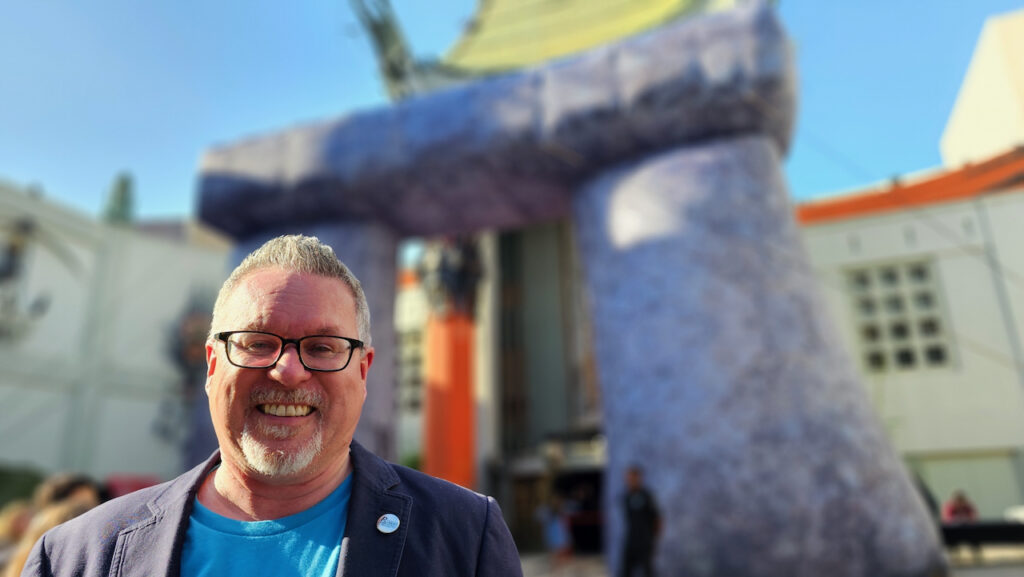Listen:
Check out all episodes on the My Favorite Mistake main page.
In this very special solo episode of My Favorite Mistake, Mark Graban reflects on the gloriously ridiculous — and surprisingly instructive — mistakes made by the characters in his all-time favorite film, This Is Spinal Tap.
With the long-awaited sequel, Spinal Tap II: The End Continues, now in theaters, Mark explores why Spinal Tap endures not just as a cult comedy classic, but as a brilliant satire of human behavior, team dysfunction, communication breakdowns, and leadership gone sideways.





Yes — these mistakes still matter, even four decades later.
- From the Stonehenge monument measured in inches…
- To the foil-wrapped “courgette” in the pants…
- To the pod that wouldn’t open and the drummers who keep dying…
These moments are funny because they’re true. And they’re great reminders that how we respond to mistakes matters more than pretending they never happened.
Highlights and Topics:
- Why This Is Spinal Tap is more than just a comedy
- The “Stonehenge” stage prop mistake and what it teaches about communication
- How real-life rockstars refused to play drums in the sequel (because of the “curse”)
- Why calling it a cucumber is itself… a mistake
- The brilliance of “We don’t have time for that” and the backstage loop in Cleveland
- Why doing what you’re told isn’t the same as doing what’s right
- Mark’s personal story of seeing the film over 100 times — starting with a VHS copy in high school
Mentioned in This Episode:
- This Is Spinal Tap on IMDb
- Spinal Tap II: The End Continues – Now in Theaters
- The Mistakes That Make Us – Book by Mark Graban
- SpinalTarp.com – A curated collection of character mistakes from the film
Subscribe, Follow, Support, Rate, and Review!
Please follow, rate, and review via Apple Podcasts, Podchaser, or your favorite app—that helps others find this content, and you'll be sure to get future episodes as they are released.
Don't miss an episode! You can sign up to receive new episodes via email.
This podcast is part of the Lean Communicators network.

Other Ways to Subscribe or Follow — Apps & Email
Learning from Spinal Tap: Why Their Mistakes Still Matter
Forty years after its release, This Is Spinal Tap remains the most effective film ever made about human error, miscommunication, and the chaos of collaboration — all under the guise of a mockumentary about a fading British rock band.
As someone who’s built a career around helping organizations learn from mistakes, it's no surprise this film has stayed with me. I’ve seen it more times than I can count — beginning with a grainy VHS copy in high school, and culminating (so far) in attending the IMAX premiere of Spinal Tap II: The End Continues in Los Angeles.
What continues to strike me — and what I explore in this special solo episode of My Favorite Mistake — is just how timeless and relevant the film's fictional blunders remain.
Because while the Stonehenge debacle, exploding drummers, and pods that won’t open are played for laughs, the mechanisms behind them are all too real:
Unquestioned assumptions.
Lack of clarity.
Power dynamics that go unspoken.
A refusal to slow down and think critically.
These aren’t just band problems.
They’re team problems.
They’re leadership problems.
When Nigel sketches a stage prop as “18 inches” instead of “18 feet,” the designer builds exactly what she was given. Nobody stops to ask clarifying questions. No one reads the napkin. The result is a moment that’s both hilarious and instructive — a physical manifestation of what happens when teams operate without psychological safety or systems thinking.
The band doesn’t lack talent. They lack shared understanding.
They’re not bad people. They’re just stuck in bad processes.
And while the characters in the film rarely learn from their mistakes, we — the audience — have the opportunity to do so.
This Is Spinal Tap isn’t just a cult classic. It’s a mirror.
It shows us what happens when communication breaks down, when roles blur, when people say yes without knowing what they’re agreeing to.
It also shows us the cost of avoiding hard conversations — and the value of asking better questions.
In the world of Spinal Tap, mistakes are louder, flashier, and sometimes wrapped in tinfoil (or a courgette). But they’re also deeply familiar. And that’s what makes them so powerful.
Because in any team — whether you're managing a hospital, designing a product, or playing a gig in Cleveland — how we respond to mistakes defines our culture.
Do we double down and blame?
Or do we reflect, realign, and keep going?
As I say in the book, The Mistakes That Make Us, it’s not about being mistake-free — it’s about creating environments where people can talk about mistakes without fear, and learn from them without shame.
And that’s something even Spinal Tap can teach us.

